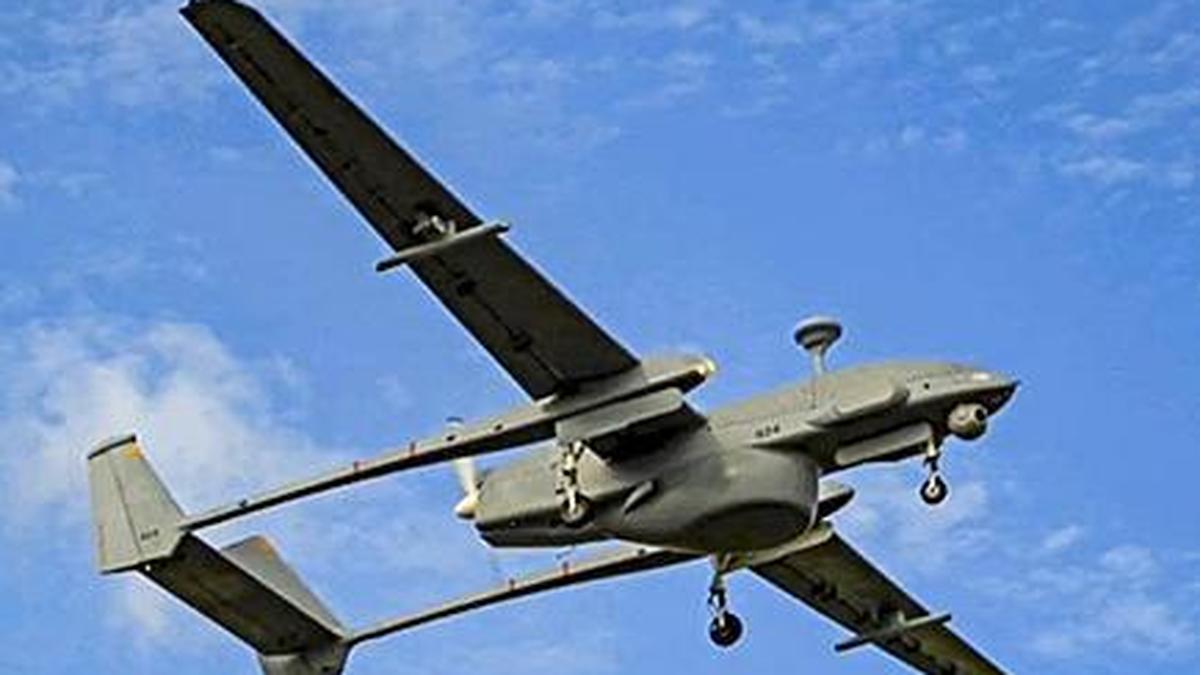ISLAMABAD: Senior politician and former Federal Minister for Information Muhammad Ali Durrani on Tuesday offered to visit former Prime Minister Imran Khan in Adiala Jail—if granted permission—to help initiate political dialogue and contribute…
The Army on Tuesday (January 13, 2026) activated counter-Unmanned Aircraft Systems (UAS) or drones along the…




